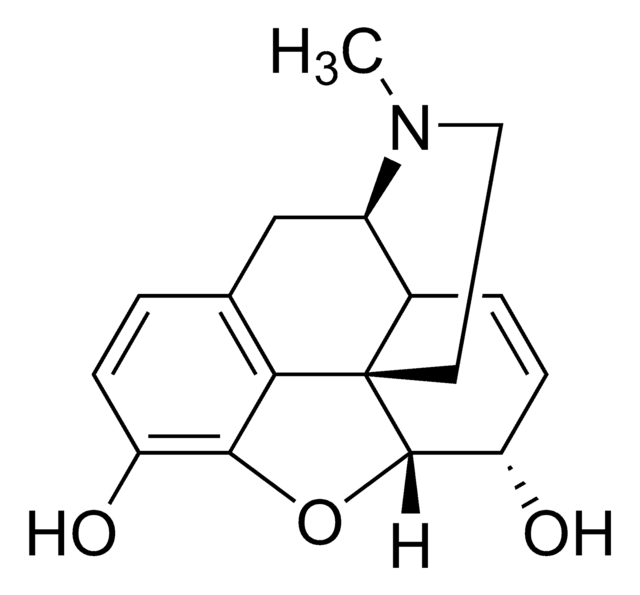1453005
USP
Naloxone
United States Pharmacopeia (USP) Reference Standard
Sinónimos:
(5α)-4,5-Epoxy-3,14-dihydroxy-17-(2-propen-1-yl)morphinan-6-one
About This Item
Productos recomendados
grado
pharmaceutical primary standard
familia API
naloxone
fabricante / nombre comercial
USP
aplicaciones
pharmaceutical (small molecule)
formato
neat
temp. de almacenamiento
2-8°C
InChI
1S/C19H21NO4/c1-2-8-20-9-7-18-15-11-3-4-12(21)16(15)24-17(18)13(22)5-6-19(18,23)14(20)10-11/h2-4,14,17,21,23H,1,5-10H2/t14-,17+,18+,19-/m1/s1
Clave InChI
UZHSEJADLWPNLE-GRGSLBFTSA-N
Descripción general
Aplicación
- Naloxone Hydrochloride
- Naloxone Hydrochloride Injection
- Pentazocine and Naloxone Tablets
- Buprenorphine and Naloxone Sublingual Tablets
Nota de análisis
Otras notas
Producto relacionado
Palabra de señalización
Warning
Frases de peligro
Consejos de prudencia
Clasificaciones de peligro
Acute Tox. 4 Oral
Código de clase de almacenamiento
11 - Combustible Solids
Clase de riesgo para el agua (WGK)
WGK 3
Punto de inflamabilidad (°F)
Not applicable
Punto de inflamabilidad (°C)
Not applicable
Certificados de análisis (COA)
Busque Certificados de análisis (COA) introduciendo el número de lote del producto. Los números de lote se encuentran en la etiqueta del producto después de las palabras «Lot» o «Batch»
¿Ya tiene este producto?
Encuentre la documentación para los productos que ha comprado recientemente en la Biblioteca de documentos.
Los clientes también vieron
Nuestro equipo de científicos tiene experiencia en todas las áreas de investigación: Ciencias de la vida, Ciencia de los materiales, Síntesis química, Cromatografía, Analítica y muchas otras.
Póngase en contacto con el Servicio técnico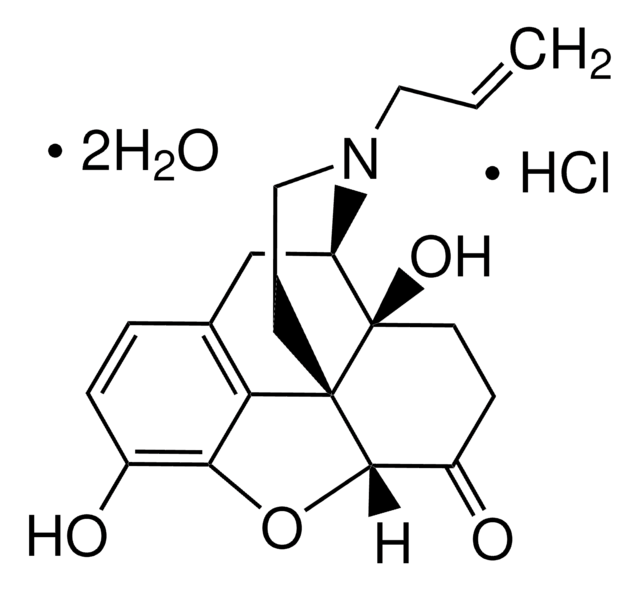

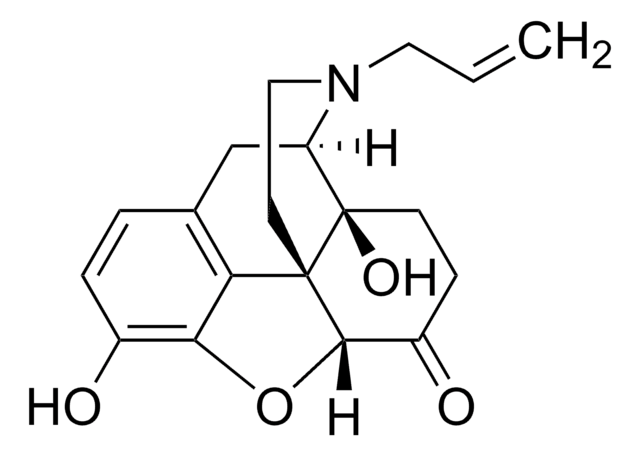
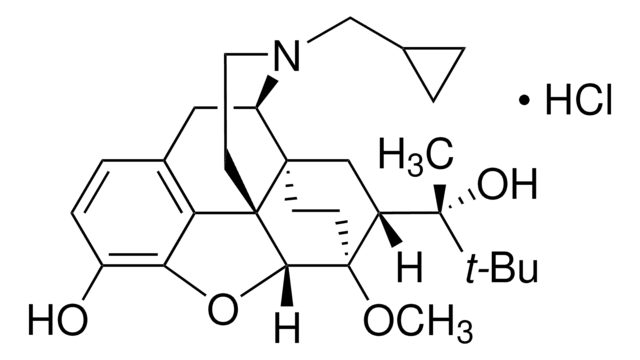
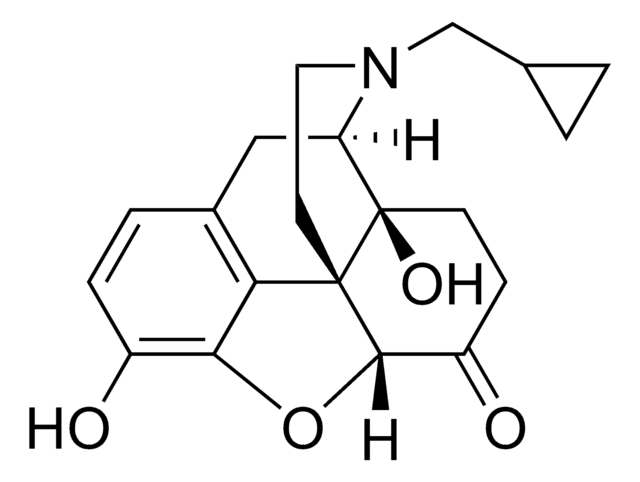
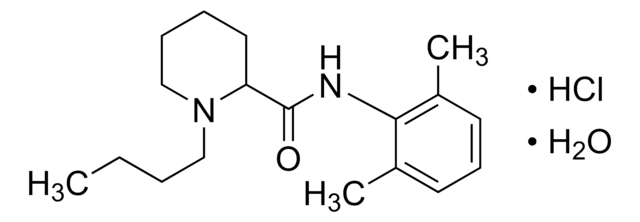

![[D-Ala2, N-Me-Phe4, Gly5-ol]-Enkephalin acetate salt ≥97% (HPLC)](/deepweb/assets/sigmaaldrich/product/structures/227/014/768064c2-9ae6-47bd-8550-e2aa5c3b61de/640/768064c2-9ae6-47bd-8550-e2aa5c3b61de.png)

